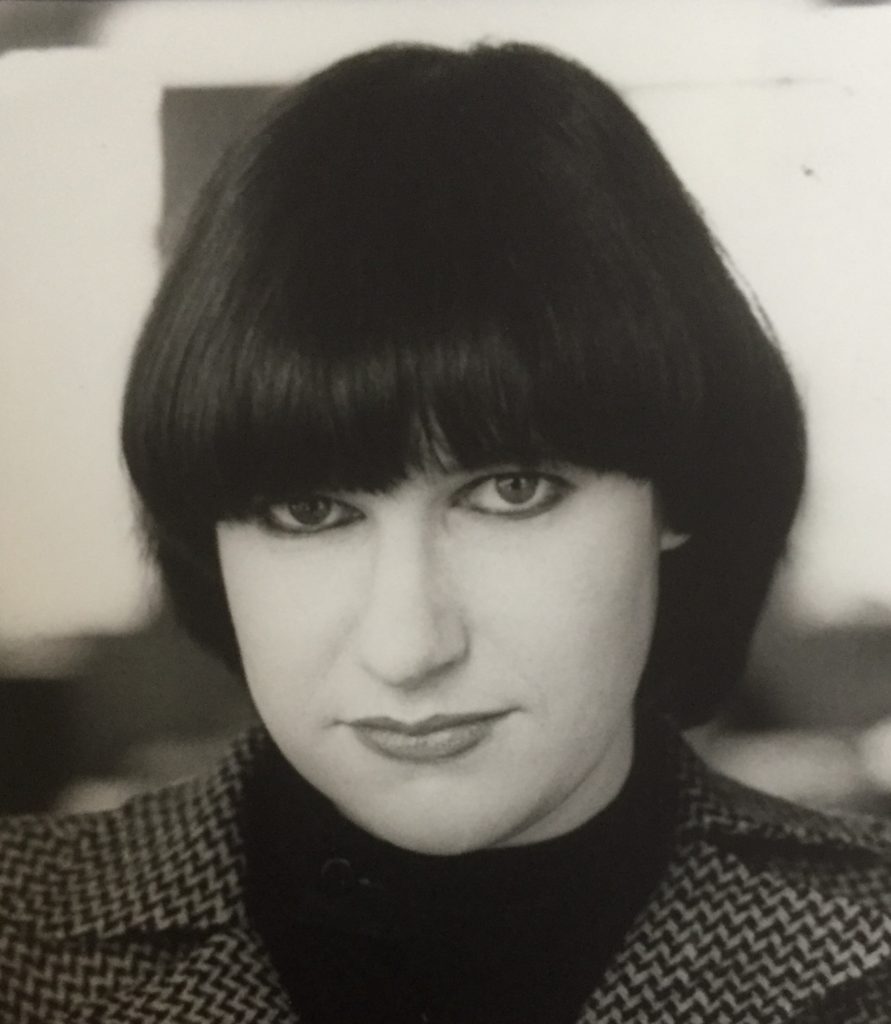I was recently invited by narrative photographer and film-maker Riccardo Sai to discuss origin stories – what they are, how to tell them, and how you can use them to promote your business. You can watch the whole interview below.
It has been a while since I tried to tell my own origin story. There’s a version on my About Me page – but I think I could improve on it. So I sat down yesterday and started from scratch, following the very simple bare-bones structure I talk about on the video.
I immediately broke my own rule – which is to start at the end point and work backwards from there. I began to write the story chronologically without knowing where I wanted it to finish.
The end of an origin story is usually when you get to talk about the business you’re in now. But that becomes harder to identify when you’re a portfolio worker like me. I could write different origin stories for each of the things I do – writing, life coaching, leadership communications training, book coaching, editing… What sums up the whole package?
Anyway, I kept going (and the word count ticks up quickly when you’re writing about a long career), but by the end I felt deflated because I realised that the story doesn’t have a resolution. It told the tale of the ups and downs of my working life – times that have been creatively fulfilling and times that have been creatively barren. The creatively barren times have usually happened because I’ve chosen money over love.
I’m not going to publish the story in its current form, but I will share the beginning as well as the unformed conclusion:
Once upon a time, when I was at primary school, my teacher often used to read my essays to the class. One was about an octopus who lived at the bottom of the sea – inspired, as I recall, by the Beatles’ Octopus’s Garden.
In those days, I felt that my creativity was acknowledged and rewarded – as if I had a special gift. But then, when I went to grammar school, I didn’t get to write stories any more.
Rather than letting my imagination run wild, I was instructed to dissect passages of books I didn’t enjoy reading, or analyse The Canterbury Tales, line by tedious line (sorry, Chaucer).
The joy was sucked out of reading a fabulous novel like Pride & Prejudice by having to come up with interpretations that aligned with what examiners might be looking for when I sat my O-levels. Not creative. Not fun. Not rewarding.”
Being praised for my creative writing ended when I turned 11. After that, it was all about the demands of the curriculum, and I never considered the possibility of a career as a writer. When it did happen, it was almost by accident.
“Not creative. Not fun. Not rewarding.” That line became a refrain throughout the story, alternating between the negative and the positive – “Creative! Fun! Rewarding!” – and all variations in between.
A creative crossroads
And here I am, trying to figure out the ending of the origin story about my gift for writing – with two unpublished books waiting in the wings, knowing that a lot of the paid work I’m currently doing has only a vague connection to my original gift.
The final paragraph of the story reads: “But then my mum declined and died, and I haven’t looked at the draft of my book since. But I have started writing again – writing a weekly blog, writing every day, building my writing muscle. I’m writing because I want to write, because that’s my favourite form of expression – because writing is my special gift.”
To that I should add – expressing myself in the written word in a way that resonates with other people is my special gift. Clearly, I want whatever I do to be creative, fun and rewarding – that’s the benchmark. And it has been upsetting to see how often I have sacrificed creativity and fun for financial reward or job security – and how often I have ended up doing jobs that painted me into a corner, where I was a manager or invisible mender rather than a creator.
So I find myself at another crossroads. Now that I no longer have to look after my mum, I can reclaim my creative freedom. I can look with fresh eyes at the work I’m currently saying yes to, and figure out whether I want to say no next time. I don’t want to carry on mindlessly accepting work that pays the bills but doesn’t feed my soul. I know it’s a challenge that many creatives face – say yes to the reliable ‘bread and butter’ work or focus on a creative project that might not pay off?
If I can keep asking the question, “Is this creative, fun and rewarding?” and listening for the “God, no,” or the “Hell, yes,” then I might finally be able to reach the ‘happy ever after’ of my origin story.


Really interesting . Want to know more. Please.
gramswisewords.blogspot.com
Thank you for taking the time to comment. What would you like to know more about?
Some great reflections here, Bev.
Two thoughts in particular chimed with me:
1. Your special gift is indeed writing in a way that resonates with others. Your blogs always resonate with me, touching different parts of who I am.
2. And a reminder that accepting work that pays the bills but kills the soul was really timely.
Thank you!
Thanks so much for your lovely feedback, Sue – it all helps to make me a better writer.